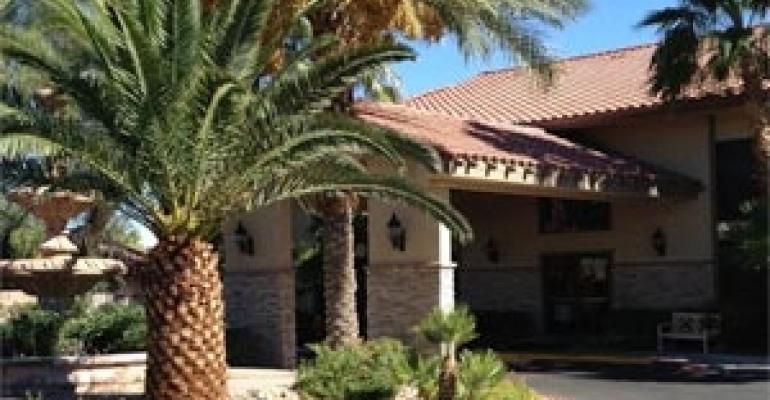Blame the recession, perhaps, and its resulting strain on financing, but many companies have realized that focusing efforts on one sector can help shore up the bottom line—with seniors housing as a top example.
In addition to the loss of such powerhouses as Sunrise Senior Living, the industry has seen a few companies drop senior portfolios to focus on other markets. Others have just cut losses and laser-focused on certain markets, such as Chartwell Seniors Housing REIT, based in Mississauga, Canada, selling its U.S. properties last year to beef up its holdings in its home country.
Most recently, in December, Greensboro, N.C.-based Bell Partners Inc., a multifamily investment and management firm, announced it had sold two North Carolina seniors housing facilities, Alta Oakridge in North Raleigh and Alta Walk in Durham. These two properties were the last remaining independent living communities in which Bell had an ownership interest, effectively pulling the company out of the elderly facility business.
The company now owns or operates 242 apartment properties, a portfolio of almost $15 billion in 69,000 apartment units across 15 states. Jon Bell, president of the firm, says it’s a challenge to operate a sustainable, best-in-class company in one sector, must less multiple businesses.
Bell says it wasn’t difficult to drop down to just the general multifamily market, still the best sector, with rents increasing for the past three years and vacancy of 5.5 percent at the low end of historical norms—but he says the leading fundamentals weren’t his only guide. “We felt our core competencies and greatest passions were within the apartment sector,” Bell says. “That’s not to say that we are negative on the senior housing market. On the contrary, we think there are great short- and long-term fundamentals in the sector, and we had some great investment success with senior housing.”
However, he says concentrating on one product type ought to make a company better. “Seniors housing is very much an operationally intense industry,” Bell admits. “In fact, it may be more of an operating business than real estate. The biggest and best senior housing companies that we've seen are focused exclusively on this sector, and I suspect that will not change.”

That the seniors sector is dominated by those firms that have done it the most is no secret—not only because experience breeds success, but also because the property type probably has one of the highest barriers to entry. It’s a chicken-and-the-egg conundrum—companies that want to break into the senior housing sector need expertise to compete.
Rick Shamberg, co-managing partner at Chicago-based Cerulean Partners LLC, says that his relatively new firm, founded in 2011, was probably only able to succeed because of his background in the industry. He started working on seniors properties years ago as director for St. Louis-based One on One Services LLC, and since has led and managed acquisitions, turnarounds and development of seniors housing in multiple states.
“It is so intense to operate these properties, you’re delivering food service, housekeeping, transportation, healthcare in some cases. It’s a very different business from multifamily,” Shamberg says. “I’ve lived onsite at more than a dozen properties, from 90 days to nine months, fixing broken properties and showing institutional investors how to get comfortable with the business. There’s a lot of investors out there, well-respected, who just can’t get comfortable because it’s not what they’re used to. That’s why you see the huge crowd of 10,000 people as your competition at the National Multi-Housing Council conferences, and only about 2,000 at the National Investment Center conferences.”
The good news, he says, is if you’re prepared and up for the ride, and can concentrate solely on seniors housing, the industry will produce exponential dividends in the next 10 to 20 years. With the expected boom in demand coming in 10 years, he says his plan is to tighten the business model, ensure best practices are in place, find markets of distress and cut his teeth on ground-up development.
For example, his firm most recently acquired the 116-unit Destinations at Eastern, an independent senior living community in Las Vegas that suffered through foreclosure. Cerulean, with assistance from California investment funds Real Estate Special Opportunity Portfolio and Real Estate Portfolio Management, has rebranded the property as the Echelon, and will invest $500,000 in capital improvements.
“The apartment market is overheating anyway,” Shamberg says. “Seniors housing is entering a sweet spot that will last 20 years. We’re looking to triple our holdings by mid-2015.”

